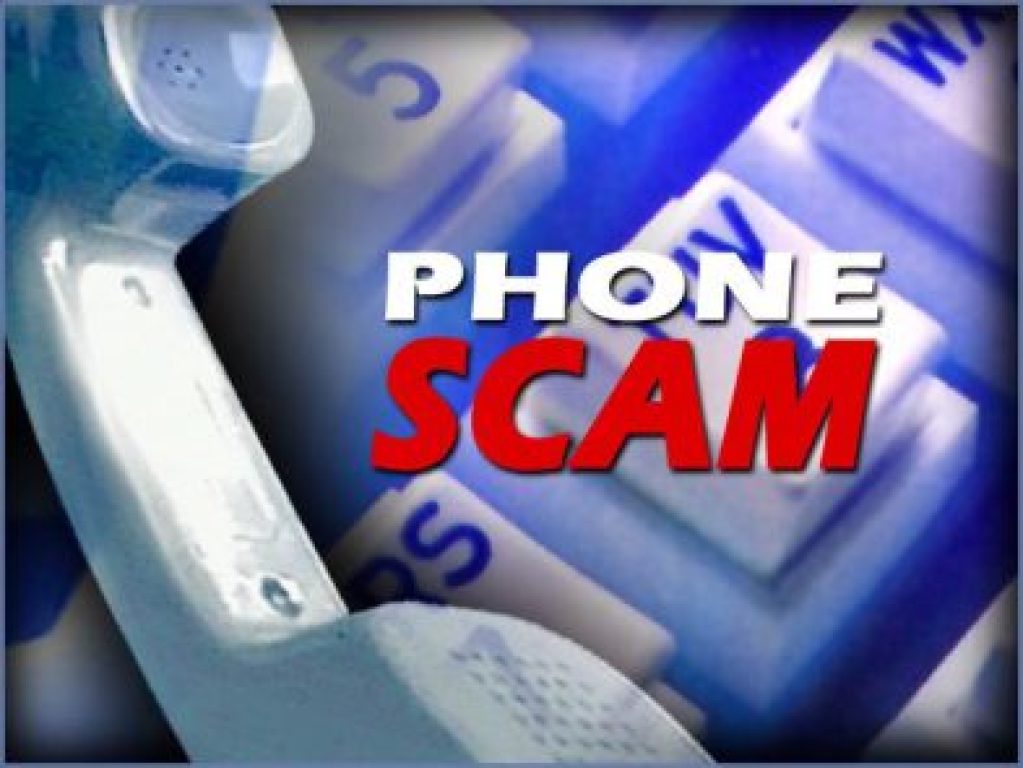It’s tax season, and Americans dread doing their taxes. On the other hand, it’s tax season, and millions of Americans will soon be anxiously awaiting their income tax refunds. But they need to avoid the scammers.
But the darkest side of tax season sidelines many taxpayers every year: tax scams. Whether by email or phone call, many Americans are scammed out of their own money each year by [insert profanity here] scammers who take advantage of the complexity of taxes and the fears many people have of the IRS.
Here are the top ways to spot a tax scam phone call or email:
- If you are really being contacted by the IRS for a legitimate reason, their initial outreach to you will be by postal mail.
- The IRS will never demand immediate payment over the telephone or email, via prepaid debit cards, or ask for credit card numbers.
- The IRS doesn’t use automated call machines. So, if you get a call from one, hang up and don’t bother talking to the person.
- The IRS will not contact you by email, because tax information is confidential. Once again, any email you receive from the IRS claiming to be about your taxes, is a scam.
- A scammer calling you may know the last 4 digits of your Social Security Number, but never tell them the first 5 numbers. The real IRS has that information.
- A real IRS agent won’t make threats over the phone or via email, such as threatening jail time or revoking a drivers’ license.
- If you have any doubts as to whether you are really speaking with an IRS representative, hang up and call your local or regional IRS office or 1-800-829-1040.
- Play it safe: Use a professional CPA, EA or tax attorney to prepare your income taxes. Then you can forward any calls or correspondence from the IRS to that professional.
“This is the largest scam of its kind that we have ever seen,” said J. Russell George, the Treasury Inspector General for Tax Administration. The agency oversees the IRS. He noted that TIGTA has received reports of over 20,000 contacts and has become aware of thousands of victims who have collectively paid over $1 million as a result of the scam, in which individuals make unsolicited calls to taxpayers fraudulently claiming to be IRS officials.
Victims are told they owe money to the IRS and it must be paid promptly through a pre-loaded debit card or wire transfer. If the victim refuses to cooperate, they are then threatened with arrest, deportation or suspension of a business or driver’s license. In many cases, the caller becomes hostile and insulting.
Thanks for reading CPA Practice Advisor!
Subscribe Already registered? Log In
Need more information? Read the FAQs
Tags: Auditing, Income Taxes, IRS, Taxes




